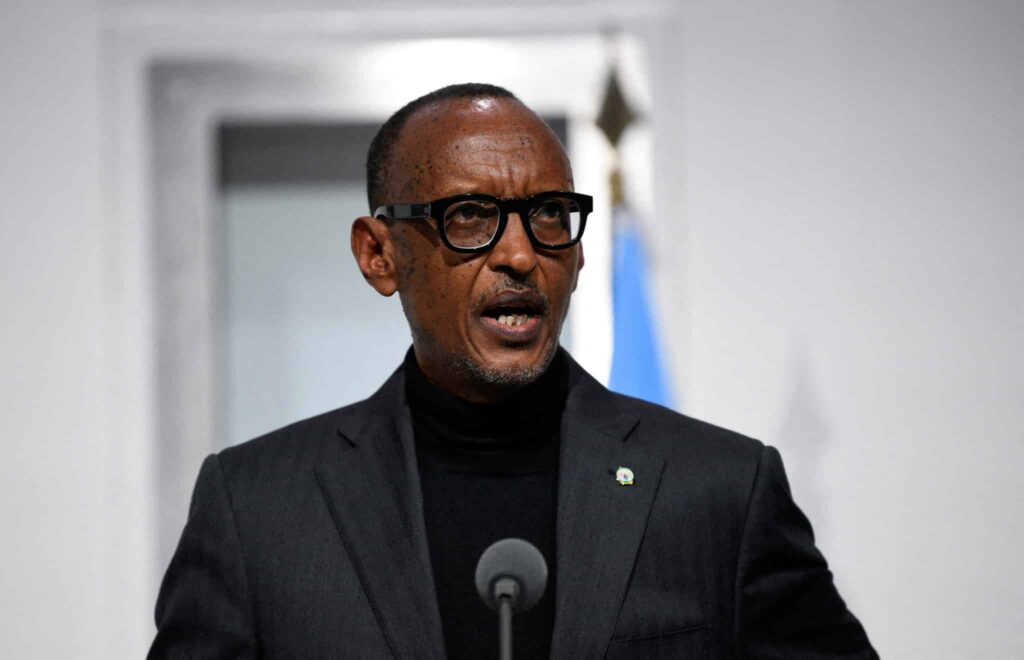Rwandan President Paul Kagame has been officially sworn in for his fourth term following a decisive victory in last month’s election, where he secured more than 99 percent of the vote. The inauguration ceremony, held on Sunday at a packed 45,000-seat stadium in Kigali, was attended by several dozen heads of state and dignitaries from across Africa. Thousands of Rwandans gathered from the early hours to witness the event.
Kagame took the oath of office before Chief Justice Faustin Ntezilyayo, pledging to “preserve peace and national sovereignty, and consolidate national unity.” The outcome of the July 15 election was widely anticipated, as Kagame has been at the helm of the nation since the aftermath of the 1994 genocide—initially as the de facto leader and later as president.
According to the National Electoral Commission, Kagame won 99.18 percent of the vote, securing another five-year term in office. However, rights groups have expressed concern over the election’s overwhelming result, viewing it as indicative of a lack of democratic processes in Rwanda. Out of eight applicants, only two candidates were allowed to run against Kagame, with several prominent critics of his regime being barred from participating.
Frank Habineza, leader of the Democratic Green Party, came in a distant second with 0.5 percent of the vote, while independent candidate Philippe Mpayimana received 0.32 percent.
Kagame has been credited with leading Rwanda’s recovery and development following the genocide, which saw the deaths of around 800,000 people, primarily Tutsis and moderate Hutus. However, his administration has faced criticism from human rights organizations, accusing him of ruling through fear, suppressing dissent through intimidation, arbitrary detentions, disappearances, and killings.
The ceremony in Kigali was also attended by Angolan President Joao Lourenco, who was scheduled to hold private discussions with Kagame regarding a ceasefire in the Democratic Republic of the Congo (DRC). Angola brokered a ceasefire agreement between Rwanda and the DRC last month, following a meeting of their foreign ministers. However, on August 4, the day the ceasefire was supposed to take effect, M23 rebels—accused of being backed by Rwanda—captured a town on the border with Uganda.
Kagame’s leadership continues to shape the lives of many Rwandans, with 65 percent of the population under the age of 30, most of whom have known no other leader. Among the attendees at the ceremony was 27-year-old trader Tania Iriza, who expressed her support for Kagame, stating, “I proudly cast my vote for President Kagame and made it a priority to be here today to witness this historic inauguration. His leadership has been transformative for our nation, leading Rwanda from its tragic past towards prosperity, unity, and innovation.”
Kagame has consistently won every presidential election he has contested, each time with over 93 percent of the vote. In 2015, he oversaw constitutional amendments that reduced presidential terms from seven to five years but reset the term limit, potentially allowing him to remain in power until 2034.



